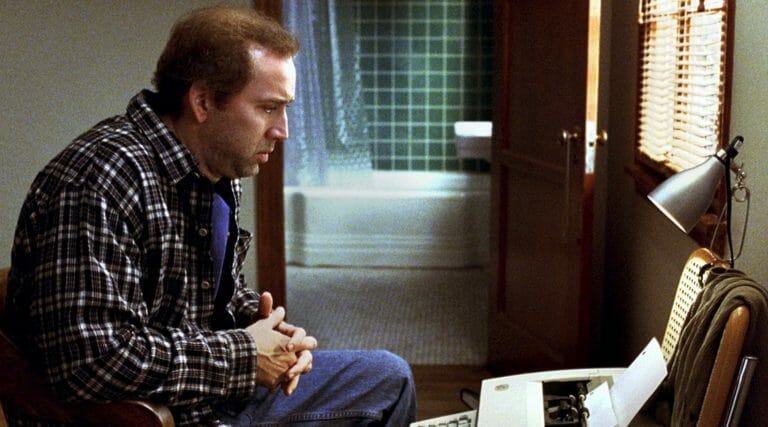By Antonio Washington · April 11, 2016

Editor's note: Great writing requires sacrifice. The following is just one account – for others, "sacrifice" will look different. Not everyone has the means to quit their jobs, but it never hurts to ask yourself just how far you're willing to go. Will you give up your evenings? Your weekends? Will you move to a new city? A new country? Each person's case will be different, and yet one thing remains true: if you want to have a serious go at being a writer, you must committ yourself fully.
Yesterday, I quit my job, which is a good and bad thing. Good: I get to focus more on my writing and keep my sanity; the bad obviously being a huge plug in the cash flow. Lucky for me, I have a fiancé who I’m not ashamed to admit is the breadwinner. Yesterday, when I pulled up for another fun filled day of monotony, for some inexplicable reason, that was the day I hit my breaking point. I dug deep and came to the stark realization that I was fairly miserable. It’s no surprise that being perpetually miserable sucks. Just ask Tom Arnold. As writers, we all—and inevitably will—hit that point. The greats that came before me: Shakespeare, Faulkner, Gilroy and Whedon—and the ones that will come after I leave this Earth to have adventures with a time lord, will be forged from late nights of staring into a vast, endless page of white and lack of sleep. Sounds downright awful, I know, but it’s way better than retail.
A caveat: if you have no money, no means of survival, no cushion, no fiancé, then don’t do what I did. Keep your job. I’ve read boundless testimonials from writers who are fearful that if they quit their part-time job to pursue writing full-time, they’ll be out on the street; that having a roof over their head precedes their writing. Sound argument, of course. Being homeless sucks. Fortunately, I wouldn’t know, and I’m forever thankful to have a roof over my head, food to eat, and water to drink—all the affordances a writer needs to, well, write. But to put a soul-sucking, dehumanizing, mundane retail job before your writing is upsetting and saddening. Writing—more specifically, screenwriting—is my life, my blood, my passion. You know you’ve got the screenwriter bug when reality meshes with the looping screenplay you’re writing; it’s worse when you start seeing your characters shopping in the same store you work at. I mean, it’s nuts, but in a good way. It doesn’t (necessarily) mean you’re loosing your mind. Well, you are in a way, but hey, at least you know what clothes your characters like.
When I got into screenwriting, it was never about the money and it never should be. Ever. I’ve always believed that whatever the profession, the money will come. Flipping burgers at McDonalds, the money will come; packing taco’s at the Bell, the money will come; washing dishes at a Chinese food restaurant where some prick chef throws his cigarette buts in your new batch of dishwater, and doesn’t even have the slightest inclination to… you get my point. The money will come. For me, the payoff is more substantial, more meaningful than getting a fat check with some dead white dudes on some paper (at least for now). For me, it’s about the relationships, the bond, the collaboration of everyone putting blood, sweat, tears, sanity, and money (this is Hollywood, after all) into something that illicits emotions of anger, sadness, fear, and love. That’s why I’m a screenwriter—and that should be the driving force to putting your fingers to keys, the reason why you show up and face that blank page day after day.
Ever since I was a kid, I’ve been a geek. I wasn’t Mr. Popular, I wasn’t the guy with the 4.0 GPA who was a shoe-in for an Ivy League school. But what I was good at was being supportive of amazing banging ideas. I was the guy who found the creative guy/girl on the bleachers, racking their brains, fighting back tears and anger because some dolt said their idea was flawed or erroneous, and put an arm around them and told them the following: “Screw ‘em, do it anyway.” That’s what I want to do now: be that arm around their shoulder. There’s a difference between sugar coating the truth and being supportive—and I believe there should be a balance of both. I’ve been a screenwriter for three years now; a writer since age eight. I’ve been told that dreaded “no” for just as long and yet I’m still going, still writing, still forging ahead. I’ve discovered, and met, two types of writers: entitled and struggling.
Always be the struggling writer. At least you know you’re doing something right.
Till next time, and as always, just keep writing.